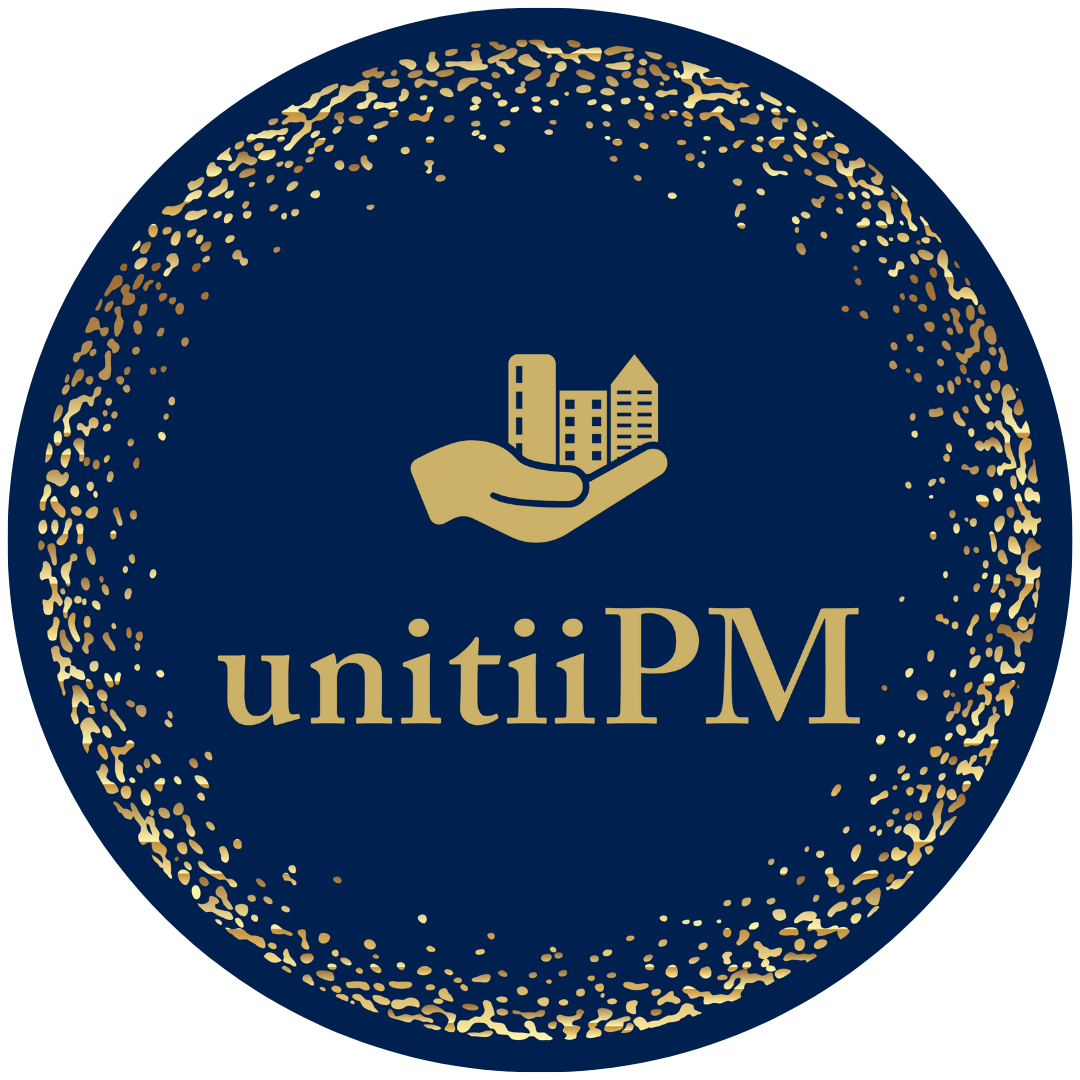Posted August 14, 2025
As the temperature begins to drop in Calgary, property owners know winter isn't just about snow removal and keeping the heat on—it also brings an uptick in expenses. Between property taxes, insurance renewals, and large maintenance items, winter can strain even the most well-planned budgets.
At unitiiPM, a trusted name in Calgary property management, we’ve helped property owners navigate these challenges for years. Whether you're a first-time landlord or a seasoned investor, budgeting early can mean the difference between a stress-free winter and a financial headache.
Let’s walk through how to prepare your property budget before winter arrives—so you're ready for anything the season throws your way.
1. Plan Ahead for Property Tax Installments
Property taxes are one of the biggest fixed costs for property owners in Calgary. Many landlords underestimate how quickly these bills sneak up, especially if they’re used to paying in lump sums. The City of Calgary typically mails tax notices in May, with payments due by the end of June, but for owners enrolled in the Tax Instalment Payment Plan (TIPP), it becomes a monthly obligation.
If you're managing your own payments, factor in those amounts when you're forecasting your cash flow for winter. Tighter income from vacancies or seasonal maintenance shouldn’t interfere with your ability to cover taxes. Budgeting these payments into your operating expenses early ensures you don’t fall behind—or worse, incur late fees.
Pro Tip from unitiiPM: Set a recurring monthly reminder to review your tax estimates alongside your property income and expenses. This builds financial resilience and improves your long-term planning.
2. Review Your Insurance Coverage Before It Renews
Winter is when claims tend to spike—think frozen pipes, roof damage from snow accumulation, or liability from icy sidewalks. It’s critical that your insurance coverage matches the unique risks of winter in Calgary.
Before renewal season, review your policy with your broker. Is your building's replacement value up to date? Have you added any new amenities that need coverage? Do you have sufficient loss of rent protection in case a unit becomes uninhabitable?
Many property owners only glance at their premium and forget to look at deductibles and exclusions. That can become a costly oversight if something goes wrong.
At unitiiPM, we ensure all properties under our care have the appropriate winter-specific coverage. A little diligence now saves significant time, money, and stress later.
3. Schedule Preventative Maintenance in the Fall
Big repairs can feel like emergencies if you're not ready for them—but most can be anticipated. In Calgary, seasonal changes can be tough on buildings. That’s why fall is the best time to inspect and maintain key components like:
- HVAC systems and boilers
- Roofs and gutters
- Windows and weatherproofing
- Plumbing and sump pumps
These inspections help prevent major failures in the heart of winter—when emergency service calls are more expensive and harder to schedule.
If you manage your property yourself, start by creating a fall maintenance checklist. If you're with a Calgary property management firm like unitiiPM, we handle this for you, ensuring no detail gets overlooked and providing a clear cost estimate upfront.
4. Build a Contingency Fund for Unexpected Repairs
No matter how well you prepare, unexpected costs happen. An emergency furnace replacement, broken water pipe, or even a sudden snow removal surge can hit at the worst time.
That’s why every winter budget should include a contingency fund. A good rule of thumb is setting aside 10–15% of your monthly rental income for unforeseen repairs. If you haven’t already, start building that reserve now—before you're forced to dip into personal savings or rely on credit.
If your property is newer or recently upgraded, you might get by with a smaller fund. But if it’s an older building or has complex mechanical systems, aim higher.
At unitiiPM, we include contingency fund planning in our annual budgeting process to help owners stay protected year-round.
5. Track Historical Costs to Forecast Accurately
Winter budgets aren’t guesswork—they’re better when backed by data. Look at your historical costs for the past few winters. What were your average heating bills? Did you have any big-ticket repairs or insurance claims? Was snow removal more expensive in a heavier snow year?
Even tracking simple metrics like how early the first snow fell or how long sub-zero temps lasted can help refine your predictions.
If you're new to property ownership and don’t have this data, lean on experts. A qualified Calgary property management company like unitiiPM has the experience and historical knowledge to fill in the gaps and offer realistic budget estimates based on comparable properties.
Winter doesn’t need to bring financial surprises. With proper planning, you can manage property taxes, insurance renewals, and large repairs without derailing your bottom line. By taking action in the fall, you ensure your rental property runs smoothly all winter—and your tenants stay warm, safe, and satisfied.
At unitiiPM, our goal is to make property ownership in Calgary easier, more profitable, and less stressful. We offer comprehensive budgeting, preventative maintenance scheduling, and expert insights to help owners stay a step ahead—no matter the season.
Need help preparing your winter budget? Reach out to unitiiPM today. Let’s make winter a little easier, together.
FAQs:
Q: What’s the best way to prepare for property taxes as a landlord?
A: Enroll in the City of Calgary’s Tax Instalment Payment Plan (TIPP) or budget monthly payments ahead of the June deadline. This prevents financial strain when the lump sum is due.
Q: Should I increase my insurance coverage before winter?
A: Yes. Winter brings risks like frozen pipes, roof damage, and liability from icy sidewalks. Reviewing your policy ensures you’re covered for seasonal hazards and not caught off guard by exclusions.
Q: How much should I set aside for emergency repairs in winter?
A: A good rule of thumb is 10–15% of monthly rental income. Older properties or larger buildings may need higher reserves due to increased maintenance demands.
